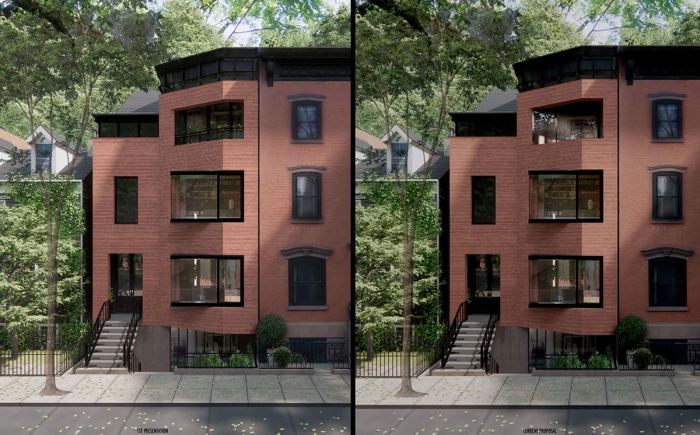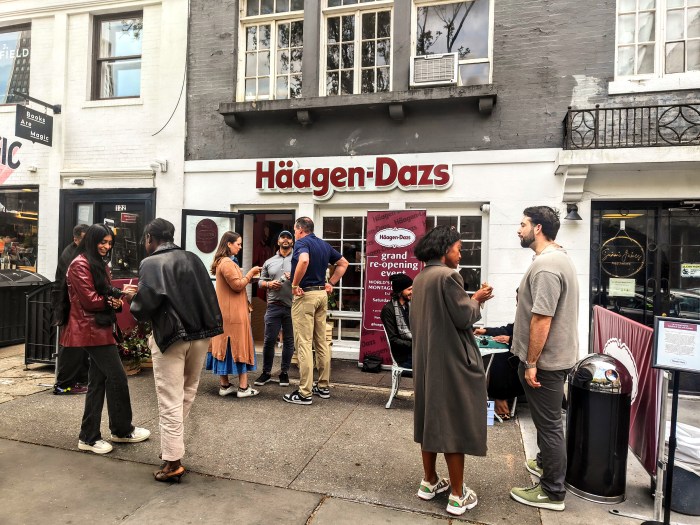They’re in protected-status purgatory.
Haitian immigrants living and working in Brooklyn under temporary protection from the federal government have 18 months before the measure allowing them to do so expires, the Department of Homeland Security’s acting secretary announced on Nov. 20. News of the new deadline came two days before the measure would have expired, and two days after a group of Haitian-Americans marched across the Brooklyn Bridge to demand the Feds keep it in place — an effort that organizers said likely affected the government’s decree.
“I definitely think that our demonstration made an impact, along with others around the country and the support from elected officials calling for an extension,” said Ritha Pierre, the president of the Haitian American Lawyers Association of New York.
Dozens of demonstrators joined local pols including Assemblywoman Rodneyse Bichotte (D–Ditmas Park), Councilman Jumaane Williams (D–Flatbush), Public Advocate Letitia James, and Comptroller Scott Stringer at the Nov. 18 Brooklyn-to-Manhattan march, according to Pierre, who said the crowd united around the need to extend and preserve the temporary protected status for Haitians who were allowed to immigrate to the United States after a hurricane devastated their home country in 2010.
“We had a good amount of people and elected officials turn in out in support,” she said. “It was great to see that everyone was on the same page, because this is unjust and inhumane and something had to be done.”
But the Feds’ decision — which prolongs Haitians’ temporary protected status until no later than July 2019 — is not a win for relocated people, the organizer said, because all it does is send some 60,000 immigrants in the U.S. scrambling to figure out another form of legal asylum or risk deportation.
“This is not a victory because the only thing that can get done is provide people with more time to get their stuff together and exit the country,” she said. “We are hoping that within the 18 months there’s a change of mind, and that Congress will take some action.”
Pierre, who admitted an 18-month extension is better than a six-month one, said that the Haitians living locally since gaining protected status still fear for their futures even though they have some time to come to terms with the latest ruling.
“If this was shorter there would be much more hysteria,” she said. “There is still confusion and people don’t understand what it really means. People don’t really know how to react right now — it’s a mixed bag.”
Opponents of the government’s decree protested it in Manhattan on Nov. 21, demanding a solution that would allow those Haitian immigrants it affects to legally remain in the country.
And this spring, the president of the Caribbean nation wrote to President Trump urging him to maintain the temporary protected status granted to his people — who, if forced to return to Haiti, could overwhelm the island as officials slowly rebuild its infrastructure, which is still damaged from the earthquake and last year’s Hurricane Matthew, Pierre said.






















